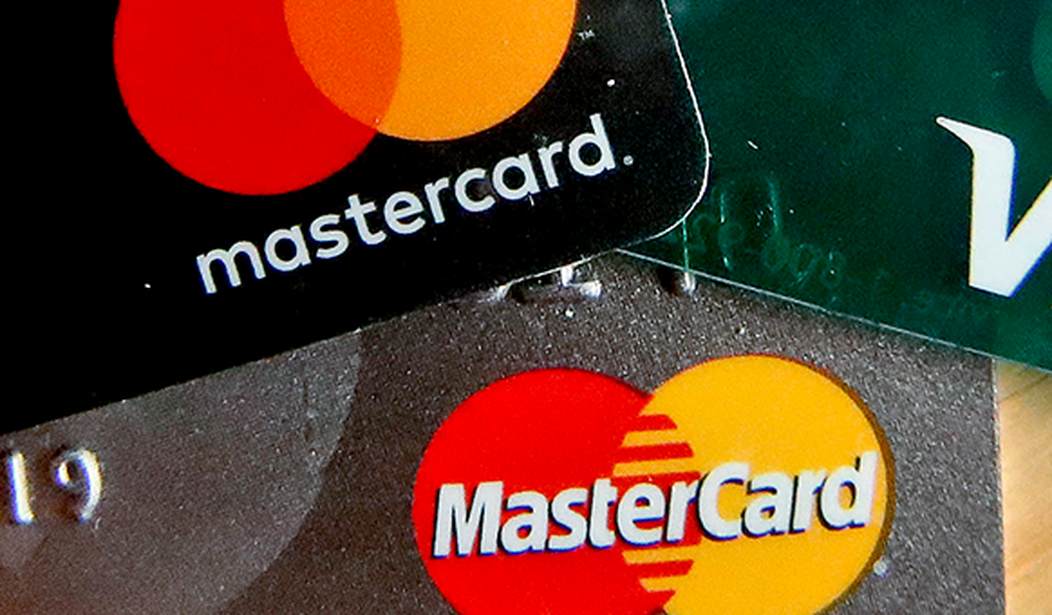Unbeknownst to many, the lack of competition in the credit card payments sector is leading to higher prices for consumers when they check out. As Congress looks to address rising inflation, they are rightfully turning their attention to rising swipe fees, which are added on to every credit card transaction. Due to Visa and Mastercard’s stranglehold over the industry and their support for anti-competitive policies, swipe fees continue to increase at alarming rates that many retailers are struggling to withstand - and consumers are feeling the brunt of.
At a recent congressional hearing, leaders of Visa and Mastercard were called to answer for their recent swipe fee increase, which came on top of increases that occurred last year on top of a decade of increasing fees. Swipe fees are set by credit card companies, mainly Visa and Mastercard, then charged to merchants who pay these fees to banks. Since banks make more money every time people use credit cards, and Visa and Mastercard take their own cut in the form of a “network fee,” there is no incentive to keep these fees low.
Not only is there no incentive to keep fees in check since they produce a windfall of cash, the lack of fair competition in the credit card payments marketplace allows them to get away with it.
Merchants cannot negotiate with credit card companies on swipe fees and banks agree to enforce interchange rates when they utilize Visa and Mastercard’s card service, ceding the ability to compete and negotiate swipe fees from the get-go.
There is also the issue that these costs are not transparent to consumers because card associations’ rules prevent merchants from informing consumers of the costs of paying with a credit card. Since these swipe fees are not transparent, consumers cannot receive price signals, and therefore cannot take actions to oppose the unfair price-fixing.
Recommended
When we examine market share based on purchases, Visa and Mastercard make up nearly 80 percent. Other processing networks, which often charge lower fees while providing the same level of security, cannot compete with behemoths Visa and Mastercard, who use their enormous wealth and lobbying power to block policies that would promote competition.
Fortunately, they failed in 2010 when a policy that would require different routing options for debit transactions, as opposed to just one, became law. The competition created by having different routing options in the debit card market has saved merchants billions of dollars a year, with roughly 70 percent of that savings being passed on to consumers.
But unfair, anti-competitive practices have prevailed in the credit card industry, resulting in record profits for Visa and Mastercard and ever-rising swipe fees at the expense of merchants and consumers.
In 2021, merchants paid $137.8 billion in card swipe fees. With inflation rising, these numbers are only expected to increase, particularly given that Visa and Mastercard just instituted another swipe fee hike expected to cost retailers an additional $1.2 billion.
This explains why Visa’s chief financial officer on their recent earnings call said that “inflation has ‘net-net’ been ‘a positive’ for the company.”
While Visa and Mastercard rake in additional cash on the back of inflation and rising swipe fees, this increase is devastating for small businesses and retailers who notoriously operate on small profit margins. As the CEO of Giant Eagle, a regional grocery store chain based in Pittsburgh, testified during the recent congressional hearing, these swipe fees often exceed their entire profit margin of 1 percent.
But these swipe fees don’t just hurt retailers. Consumers, particularly those in marginalized communities, are hit especially hard. A recent Hispanic Leadership Fund analysis found that rewards programs offered by the credit card industry, which are funded by these fees, disproportionately benefit higher income earners at the expense of lower-income Americans.
As technology has advanced and the cost of processing a transaction has fallen, swipe fees continue to rise due to a lack of competition. Until there is increased competition in the payments marketplace, Visa and Mastercard will continue to increase swipe fees and banks will continue to play along, leaving retailers with no good options and consumers forced to pay higher prices. Hopefully, the recent congressional hearing was the start of a concerted effort by Congress to address this clear market failure and help American families struggling to make ends meet.
Matt Mackowiak is the president of Potomac Strategy Group, a Republican consultant, a Bush administration and Bush-Cheney re-election campaign veteran and former press secretary to two U.S. senators.

























Join the conversation as a VIP Member